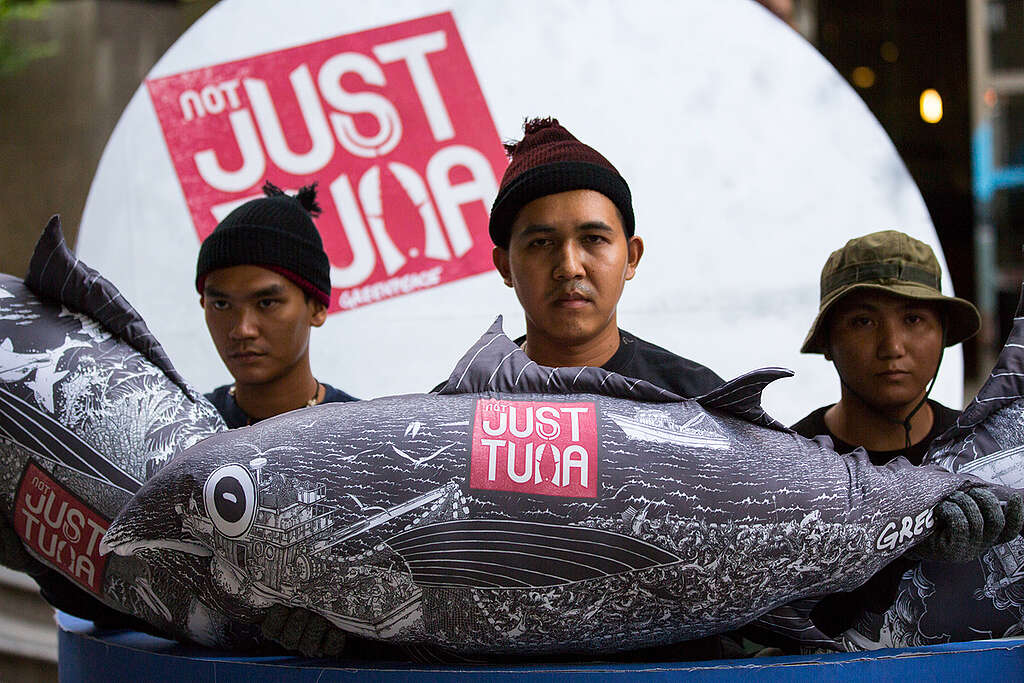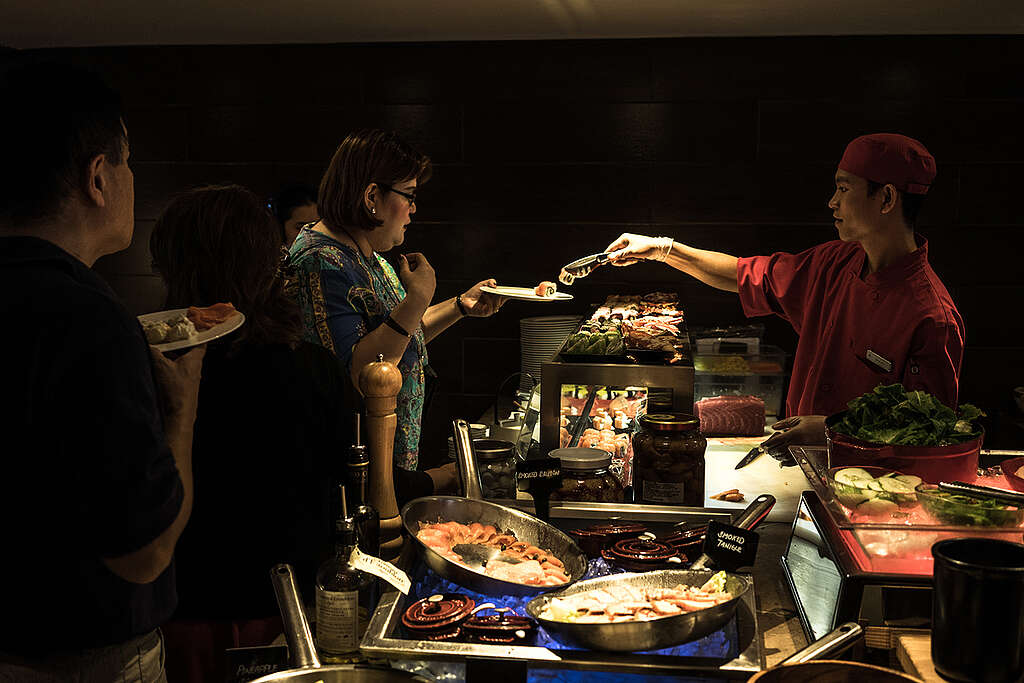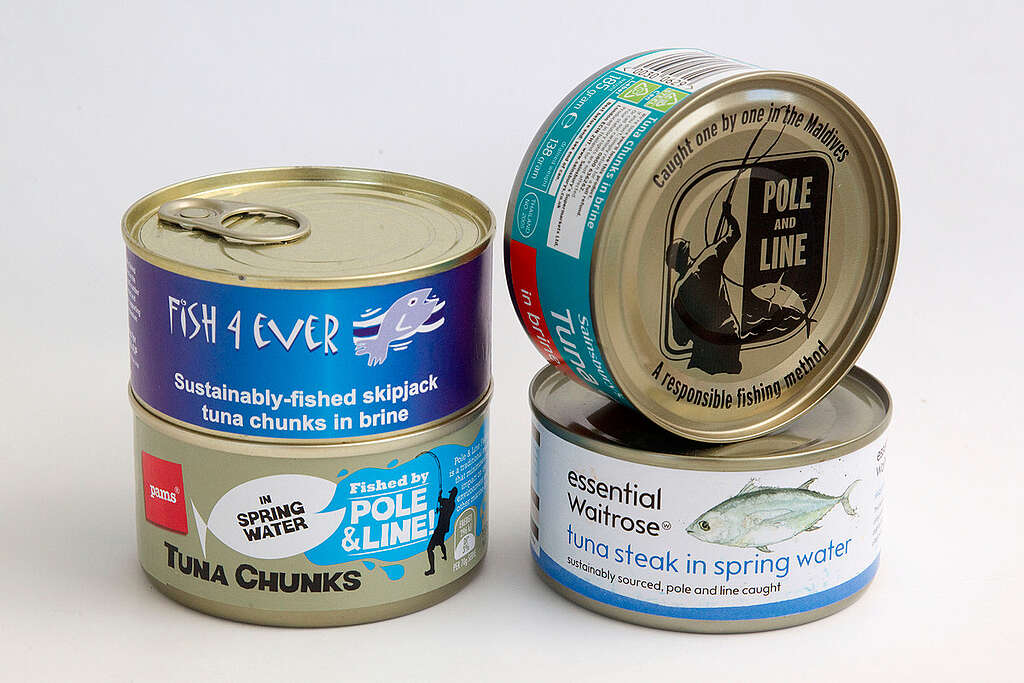Towards Fishing Sustainability: Sourcing Ethical Seafood
By supporting ethical seafood, we can protect marine life and ensure fair treatment for fishers. Join us in championing sustainable practices that benefit both people and the planet, making waves for a brighter, healthier future.


What is sustainable food?
As people shift towards sustainable lifestyles in response to the effects of climate change, our food options must also change. Sustainable food is grown, harvested, produced, traded, and distributed in ways that do not harm people or the environment.
What about in the oceans? Is there any seafood that is sustainable? It’s possible when fisheries operate without damaging life and without taking away species’ ability to naturally repopulate.
Sustainability in seafood promotes healthy ecosystems and food security and even prevents disease outbreaks. The last one usually happens because of poor handling and poor hygiene in fishing, increasing the chances of contamination. That’s why it’s important to monitor the traceability of the seafood we eat.
Challenges in marine sustainability in Southeast Asia
63 billion pounds of marine life die through unsustainable industrial fishing. We have weak regulations so illegal, unreported and unregulated (IUU) fishing is common.
Overfishing has resulted in a significant decline of the ocean’s top predators like sharks and tuna—the latter a seafood favourite across the globe. Overfishing causes the marine population to struggle to replenish themselves. Across Southeast Asia, 64% of the source base is at high risk, especially in Cambodia and the Philippines.
An estimated 100 million sharks die every year, mostly from longline fishing methods. It’s a technique that baits thousands of hooks in a single fishing line. The line snags non-targeted animals (including Albatrosses) that die and are discarded back into the ocean.
14 companies of canned tuna brands in Thailand, Indonesia, and the Philippines procure tuna from purse seine fishing vessels. As a result, fish stocks are depleted. Some coastal communities barely have food to eat as they have to compete with this destructive fishing.Worse, these practices are so common alongside human trafficking and abuse of migrant fishers, most of whom are from Indonesia and the Philippines. Numerous cases of physical violence, excessive work shifts, grave deception and lack of access to food and water run rampant around these distant water fleets.

What is the sustainable seafood movement?
Across the globe, less than 3% of the ocean is protected. Our target is to increase protection to 30% by 2030. We can achieve this with the ratification of the Global Oceans Treaty which pushes for marine sanctuaries to protect our oceans and by extension, migrant fishers and us, citizens. Under the treaty, we can ban destructive ocean activities.
Sustainability is possible when companies look beyond profit and treat fellow humans and animals with respect. Like Thai Union PCL, we must call on fisheries to shift towards ethical practices like small-scale fishing that don’t indiscriminately kill marine life. We can learn from coastal communities and invest in independent fisheries. They don’t contribute emissions and they help ensure fish populations recover so we can increase resilience to food crises.
6 things that we need to do:
1. Ending overfishing and destructive fishing practices:
- Ban on Overfishing: Implementing and enforcing quotas to prevent overfishing and allowing fish populations to recover.
- Stop Destructive Fishing Methods: Banning harmful practices like bottom trawling and longline fishing that damage marine ecosystems and catch non-target species (bycatch).
2. Protecting marine ecosystems:
- Marine Reserves: Establishing and expanding marine reserves and protected areas to cover at least 30% of the oceans by 2030, safeguarding critical habitats and biodiversity.
- Global Oceans Treaty: Ratification of the international treaty to protect oceans from over-exploitation and ensure sustainable use of marine resources.
3. Ensuring fair treatment and rights for fishers:
- Labor Rights: Enforcing strict regulations to protect the rights of fishers, including fair wages, safe working conditions, and the eradication of human trafficking and forced labor in the fishing industry.
- Transparency and Traceability: Demanding full transparency in seafood supply chains to ensure that fish are caught legally and ethically, and that labor abuses are eliminated.
4. Reducing bycatch and protecting endangered species:
- Bycatch Reduction: Implementing measures to significantly reduce bycatch and protect endangered species such as sharks, turtles, and dolphins.
- Selective Fishing Gear: Promoting the use of selective fishing gear and practices that minimize bycatch and environmental impact.
5. Supporting sustainable and small-scale fisheries:
- Sustainable Fishing Practices: Encouraging the adoption of sustainable fishing practices that do not harm marine ecosystems or deplete fish stocks.
- Empowering Coastal Communities: Supporting small-scale and artisanal fishers who use sustainable methods and play a crucial role in local food security.
6. Promoting consumer awareness and sustainable choices:
- Consumer Education: Raising awareness about the importance of choosing sustainable seafood and informing consumers about the environmental and social impacts of their choices.
- Certification and Labeling: Promoting the use of credible sustainability certifications and labels to help consumers make informed choices.
Finding Ethically Sourced Fish:
For most of us, it’s not easy find out where seafood is coming from, and while current certifications can provide some guidance, there are still issues so if you have access, look beyond the labels and consider the broader environmental and social impacts of their seafood choices.
- Stay Informed: Research and stay informed about the specific practices of seafood brands and their sustainability claims.
- Support Small-Scale Fisheries: Prioritize seafood from small-scale and artisanal fisheries, which are often more sustainable and have lower environmental impacts.
- Demand Transparency: Advocate for greater transparency in seafood supply chains and for seafood brands to provide clear, accurate information about their sourcing practices.
Explore other topics
Keep me posted!
Sign up as a Greenpeace supporter to get the latest updates and action alerts in your country.

